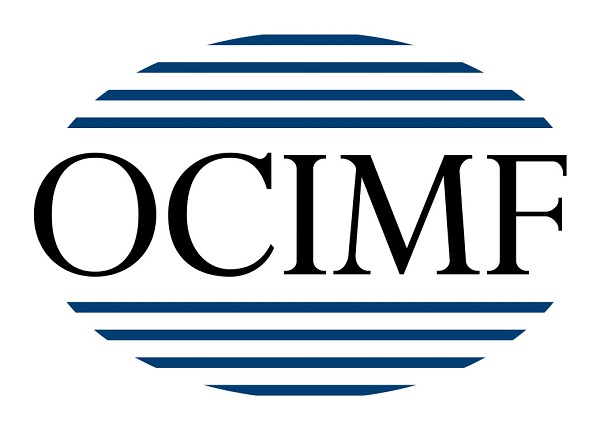POSITION:Home > NEWS > Media Coverage > Body
Pacific Basin leads the largest adoption of graphene-based coating in the dry bulk segment
Posttime:2024-04-01 09:02:25
Hits:310

The Oil Companies International Marine Forum (OCIMF) has published an updated information paper, Guidelines for the Control of Drugs and Alcohol in the Maritime Industry (2024), that provides guidance on how to manage the risks and potentially serious impacts associated with the use of drugs and alcohol in relation to marine operations.
The updated publication aims to provide general guidance and recommendations for the maritime industry (operators of tankers, barges, offshore vessels and terminals associated with the ship-shore interface) in developing and implementing controls for the use of drugs and alcohol.
In the guidelines, drug and alcohol use includes the use of prescribed and over-the-counter medication, self-medication, recreational drug or alcohol use, drug or alcohol dependency, and accidental exposure to drugs or alcohol. The information paper covers workplace testing but does not address testing associated with treating and recovering identified substance dependency cases or return-to-work testing.
When designing a policy and procedures in relation to the control of drugs and alcohol, OCIMF advises that legal and other medical professional advice should be sought on the specific circumstances, including a review of legal authority in the country or jurisdiction where workplace drug and/or alcohol testing may take place.
Saurabh Sachdeva, Publications and Advocacy Director, OCIMF, welcomed the updated guidelines:
“The reasons behind substance use can be complicated. To address this issue, OCIMF places great importance on having a well-defined drug and alcohol policy encompassing preventive and supportive measures, a testing programme and disciplinary actions. It is crucial to foster an environment where individuals feel supported and comfortable seeking help to manage this risk effectively.”
These guidelines replace OCIMF’s Guidelines for the Control of Drugs and Alcohol Onboard Ship (1995). The scope of the updated guidelines has been expanded to cover ships, barges, terminals and the offshore industry and includes new information on sampling and testing methods. Details of substances to be tested are included and a human factors lens has been applied throughout the document.
OCIMF advises the industry to use all the documentation and training resources available on the OCIMF website. The paper can be downloaded here.
Source: OCIMF
